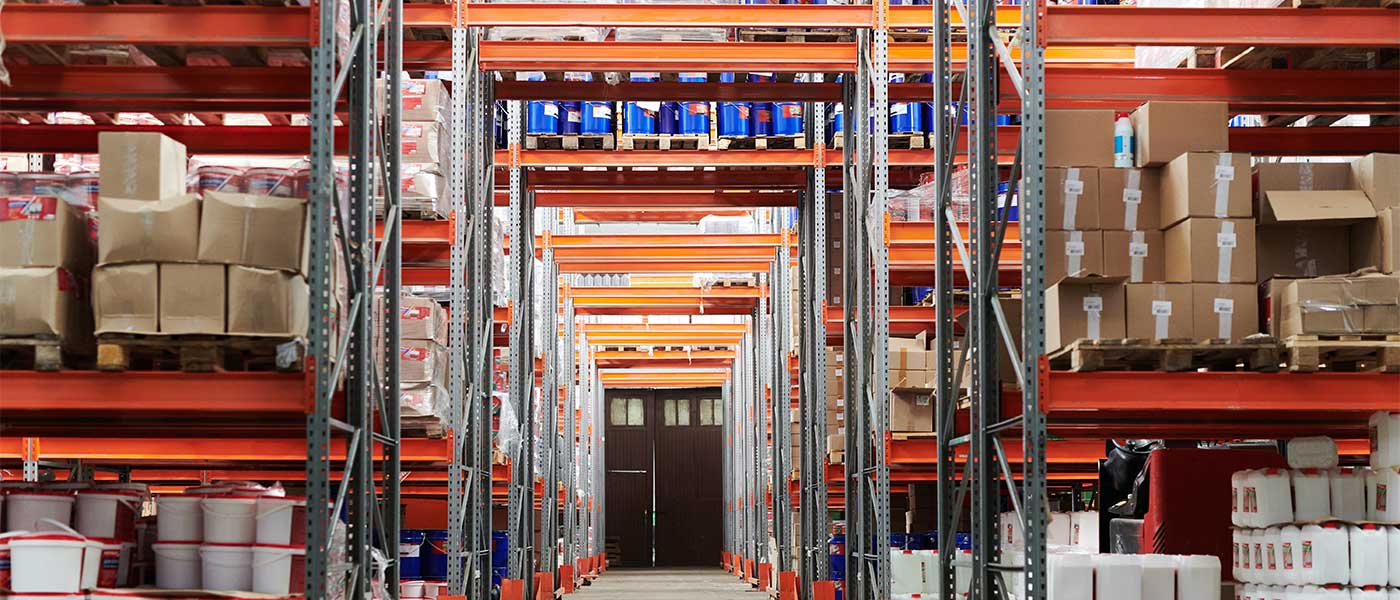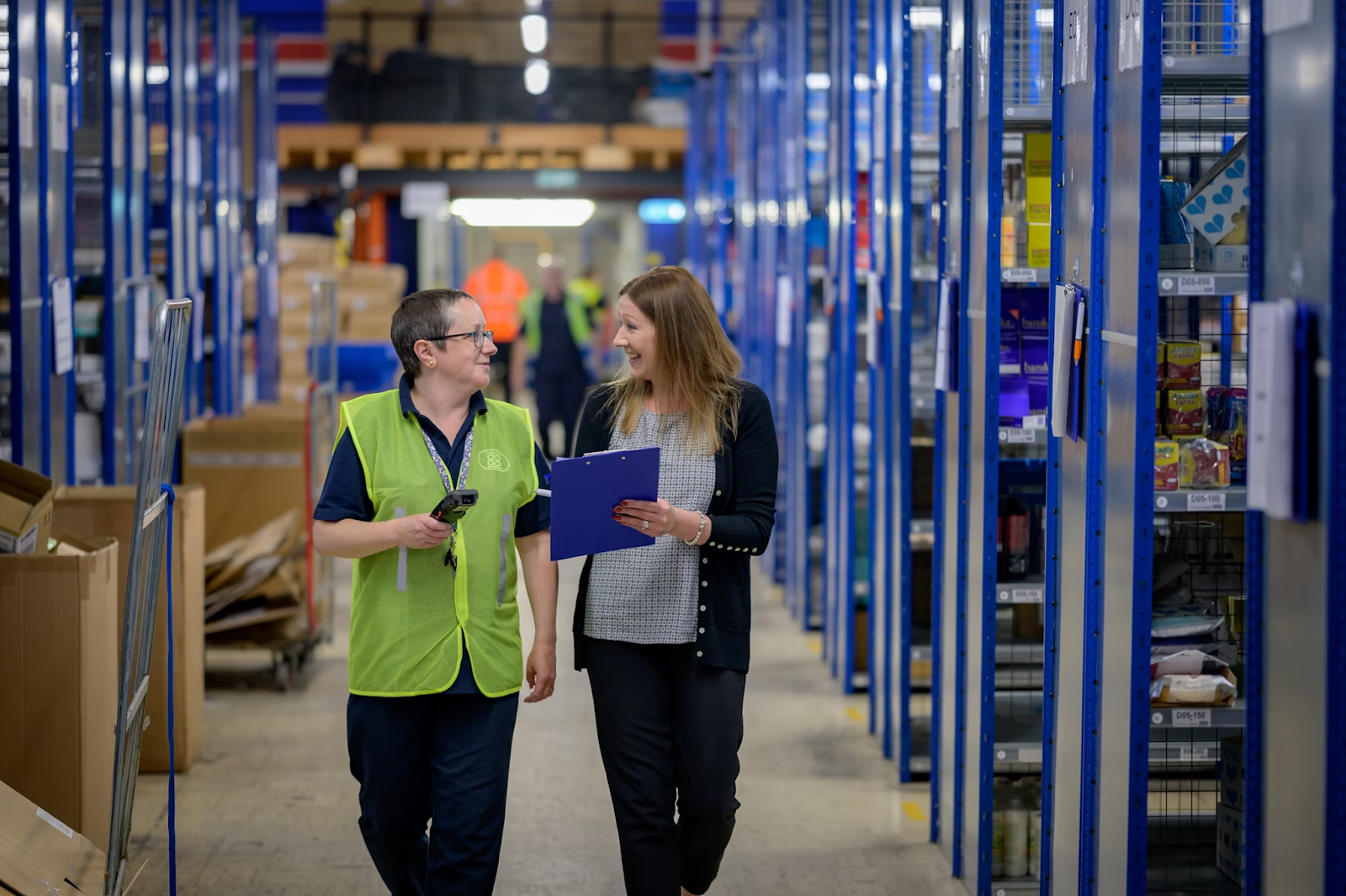E-commerce refers to buying and selling any kind of goods over the internet. No matter where you are, you must have noticed the recent boost in the use of e-commerce platforms by customers across the world. To put it more accurately, while only 5.1% of the total retail sales were done through e-commerce in 2005, in 2019, that number grew to 16%.
So, how does e-commerce work? The simplest way to understand the workings of e-commerce is by comparing the internet to a giant marketplace with several online stores. Customers can visit any such online store they want to buy products of their choice. Once a customer places an order, the web browser belonging to the customer will relay communications between itself and the server hosting the web store.
Subsequently, the related order data is sent to a central computer, which forwards to several different databases managing various aspects of such an order, including payment for the order. Once the payment and order validation is successful, the store’s server notifies the customer about their successful order placement. While all this is taking place, the central computer will send data about the order placed to the warehouse of the e-commerce platform. This is when the system of logistics comes in.
Logistics is an essential part of the e-commerce industry. To put it simply, the movement of goods from one point to another is known as logistics. So, you can understand how logistics forms a crucial part of the e-commerce industry since the entire structure would collapse without this. Hence, irrespective of the type of e-commerce store, proper management of the distribution of goods is mandatory. Data showing the remarkable growth in the third-party logistics revenue from 2013 to 2020 in the Asia Pacific region further highlights the quintessential role of logistics solutions needed by every e-commerce platform.
What Is International Logistics?
International logistics refers to planning and managing the flow of goods in any company’s supply chain. In international or global logistics, the goods cross at least one international border, making the process more sensitive. At LOCAD, we understand the intricacies of this process and work towards creating tailor-made international logistics solutions that fit all kinds of e-commerce profiles.
What Is the Goal of International Logistics?
The ultimate goal of international logistics is to ensure a smooth and steady supply of goods and products that maintains the supply and distribution chain of the company and serves as a bridge between the sellers and their customers. At LOCAD, we believe four essential goals need to be fulfilled for the success of our international logistics services. They are:
Better cost-efficiency
Like any other aspect of a company, one of the goals of international logistics should also be increased efficiency. Higher efficiency can be achieved by reducing the overall cost of processing every order. This could come in the form of better transportation rates, reduction in overhead, and total inventory. A prime example of how LOCAD has successfully handled cost management can be illustrated through KJM, a company we partnered with. LOCAD’s logistics solutions have enabled the company to save 69% in shipping costs, despite faster shipping. This has empowered KJM to focus more on other aspects of their company, ensuring the overall growth and development of the entire establishment.
Enhanced sales
When it comes to sales, inbound and outbound logistics play significant roles. Both of these are critical parts of the distribution chain. However, a difference exists between the two. Inbound logistics refers to moving products or raw materials from a supplier or vendor to a business. Conversely, outbound logistics is transporting and delivering goods to a business’s customers, forming the supply chain’s last leg.
Now, you can surely understand how these two components of international logistics services can contribute to enhanced sales. With LOCAD, no e-commerce business has to worry about these elements, as we have optimized the entire workflow, ensuring every component of inbound and outbound logistics is looked after. With our cloud logistics network to streamline inbound logistics and on-demand warehousing for easy outbound logistics, any company that partners with us will surely see sales go up.
Better customer relations
The goal of every business is to keep its customers happy. A steady and smooth supply chain ensuring goods reach the customers in pristine condition on time can improve customer service and strengthen customer relations.
Testimonials from companies partnered with LOCAD have highlighted how their customer happiness has increased exponentially due to the international logistics services we provide. With the right global logistics strategy, companies gain more customers and are empowered to build a strong foundation with an ever-increasing number of happy and satisfied customers.
Components of International Logistics
Overall, there are five components of international logistics. Continue reading to know more!
Storage and warehousing
Storage and warehousing are prime aspects of international logistics. This component of international logistics services deals with the storage of goods till they are transported to fulfil orders. Currently, e-commerce businesses struggle with the capacity to fulfill orders on time. This is because the demand rate is just as much as the supply rate, if not more.
Hence, the best practice would be making and storing goods in surplus that can be readily shifted when required. However, this cannot be done without specialized warehouses equipped with the proper storage settings and specialized storage equipment.
Packaging
Right after storage and warehousing comes packaging. The proper handling of goods is critical to any international logistics service, without which no e-commerce company can earn its reputation. That’s why, along with suitable equipment types, well-trained workers are also needed to package all the goods and products to be adequately supplied.
Inventory
Any logistics operation is only as efficient as its inventory. Wondering what an inventory is? Well, an inventory is a record of how many stocks are in the warehouse and where. In addition, inventories use statistical models to estimate how many new orders on any particular product can come in based on past orders.
So, overall, an inventory takes care of the flow of goods to and from a warehouse. Any e-commerce business can build an optimized growth environment with the correct inventory management.
Transport
An inseparable part of any international logistics operation would be transport. Transport is not limited to road vehicles but extends to air transport, cargo shipping, and freight trains. A key aspect of transport is providing the right conditions for various products to ensure they remain intact.
Information system
An efficient information system helps guide international logistics operations. For instance, an information system providing the correct data regarding orders and how frequently orders are placed for any product aids in shaping the operational practices that the logistics services can adopt to balance the supply and demand chain. The inventory of any warehouse relies heavily on its information system.
An Overview of International Logistics Operations
International logistics activities consist of crucial features that should be looked after to provide the proper logistics solutions successfully. Here is a quick overview of international logistics operations:
Storing of products
One of the key points to look after while managing a company’s logistics is where its goods and products are to be stored. With domestic and local warehousing, international orders will require extra shipping charges to be delivered. On the contrary, if you wish to expand your warehouses to international locations, you can opt for a fulfilment centre overseas from where any orders can be packed and transported directly within that country, saving you the extra charges. Here at LOCAD, we have a strong network of local and global warehouses that caters to on-demand product storing.
Mode of transportation
The mode of transportation is divided based on the delivery time and budget. Various methods of transport are available, and the decision on which one to use depends on the time, reliability, and cost of each of them. As often seen in international logistics operations, cross-border shipping needs several different transportation modes to fulfil the orders.
LOCAD harbours a network of the finest third-party logistics providers who provide the most effective shipping solutions with the right combination of transportation.
Transportation process
Fulfilling international orders is tricky, as it is. What further complicates the process is international orders. With cross-country deliveries, delivery times depend on various conditions, including the governing bodies of the respective countries, all of which can add up to delivery taking longer than anticipated. Hence, before shipping out any product, it is ideal to double-check its documentation and ensuring its shipping is in line with the rules and regulations of the country it is being shipped to.
Customs and taxes
With international shipping, the goods must be cleared by the customs authorities of the country they are headed to. A seller or international logistics service provider’s primary responsibility will be to handle all the paperwork and ensure the correct information is provided regarding all goods they are sending into the foreign country.
Furthermore, global shipping comes hand in hand with import and customs duties and taxes. These taxes are decided based on the value of the product that is being imported to the country. The seller is responsible for communicating these additional charges to their customers.
Challenges of International Logistics
International logistics is a tricky system that requires several processes to work efficiently in tandem to produce the best results. Here are the most common challenges faced in international logistics:
Transportation costs
One of the most pressing issues affecting international logistics operations is transportation costs. With international shipping, often to very far distances, the transportation cost can increase to as much as 50% of the price of the product being transported. Hence, logistics can become a massive challenge for e-commerce companies, especially those just starting out.
Time-consuming
As you already know, international logistics have several requirements that must be fulfilled to deliver goods on time. Hence, it becomes a challenge for the company and logistics provider to work out the optimal conditions in which all goods are delivered on time and maintain a happy customer base.
Customs and taxes
Every product imported into a country has certain specifications associated with it. Without the mention of the correct code and proper calculation of taxes and tariffs, your business can end up facing legal action that will hamper the growth of your company.
Improper returns management
An international logistics company will not only be responsible for delivering goods but also for returning them to the seller if the need arises. However, just like the delivery, the return can also get tricky since it involves cross-border shipping. That being said, improper handling of returns can cost sellers extra, in addition to losing out on customers.
Tips and Best Practices to Optimize International Logistics Operations
While international logistics operations seem pretty complex, following the right tips and practices can streamline the entire process.
Maintain your inventory regularly
As you already know by now, the inventory of any warehouse ensures the smooth running of that company’s logistics. Therefore, you must maintain and update your inventory as often as possible to stay on top of things.
Optimize transportation costs
High transportation costs can be a severe deterrent to the growth of any company. Hence, try to optimize your transportation costs without compromising on handling goods.
Calculate shipping costs beforehand
If you are just starting your venture, it is best to calculate all shipping costs and taxes for every product beforehand. This will not only guide you to estimate the overall cost of your logistics operation but also let you know if you can provide free shipping policies or not.
Estimate shipping times
With the proper estimation of how much time your goods will take to reach the customer, you can inform your customers beforehand and maintain transparency, building better customer relations.
Hire a logistics partner
International logistics operations consist of several aspects to look after with the same level of efficiency. This is best achieved through hiring an experienced logistics partner, like LOCAD, who can provide you with an optimal logistics environment, taking one item off your plate to worry about.
Experience fulfillment by Locad today!











